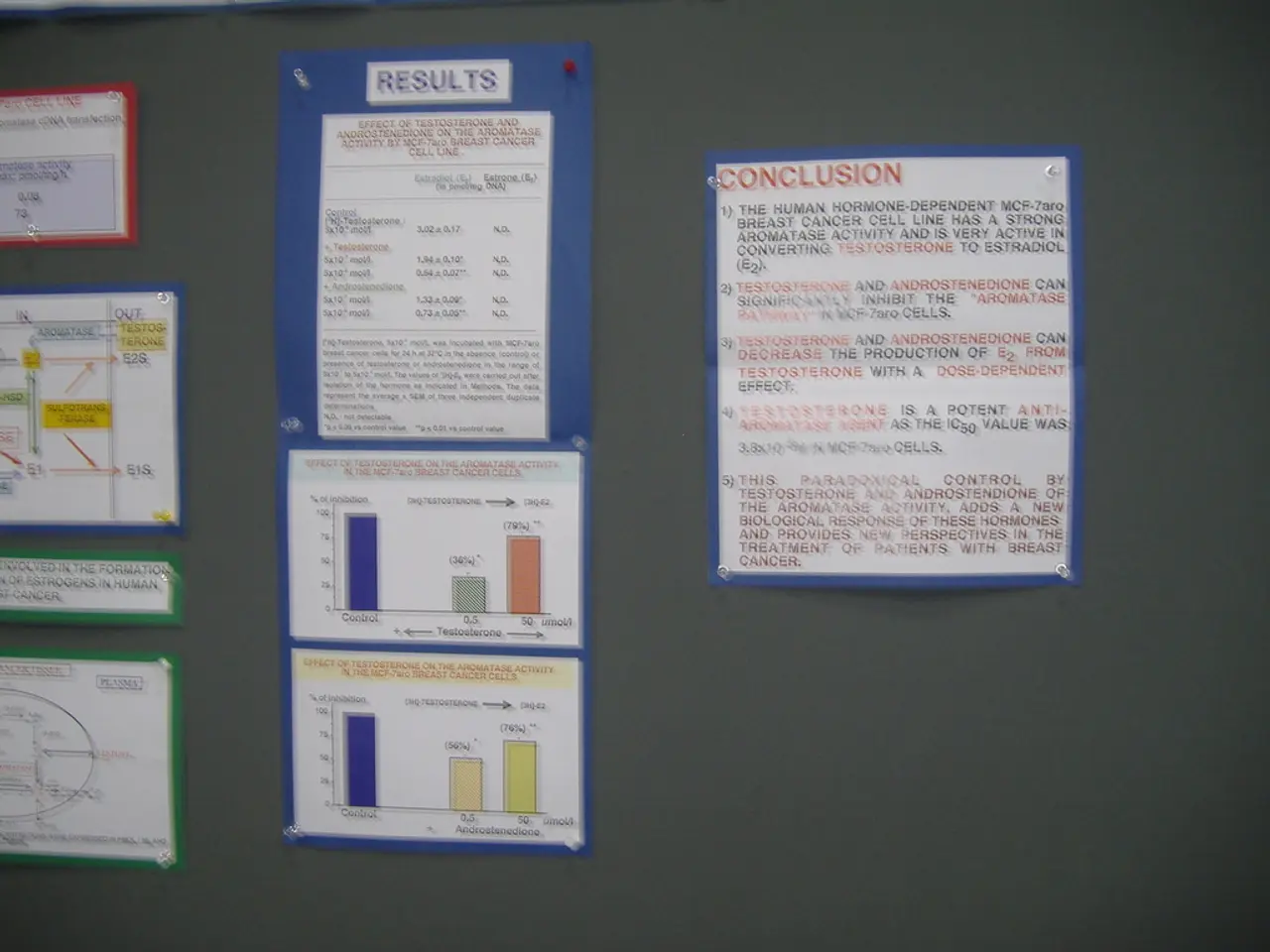Three organizations, BIS, World Bank, and SNB successfully finalize proof-of-concept for tokenized promissory note.
In a significant step towards modernizing financial operations, the World Bank recently issued a CHF 200 million digital bond on the SIX Digital Exchange. This move is part of a larger initiative known as Project Promissa, a collaboration between the World Bank, the Swiss National Bank, the International Monetary Fund (IMF), and the Bank for International Settlements (BIS).
Project Promissa, a proof of concept, aims to explore the potential benefits and implications of tokenizing promissory notes. By digitizing these financial instruments, the project seeks to improve their efficiency, transparency, and management.
One of the key benefits of tokenizing promissory notes is enhanced management and accessibility. Project Promissa has developed a platform to manage these digitized notes from multiple member countries and international financial institutions. This digital transformation allows for improved tracking and operational efficiency.
Technologically, the project is innovative, serving as an experimental exploration of new technologies that could modernize and streamline financial instruments. The BIS Innovation Hub, which oversees the project, is mandated to find ways to improve the functioning of the global financial system.
The digitization of promissory notes could also lead to innovation in Next-Generation Financial Market Infrastructures (FMIs). These innovations could enable faster settlement, reduced counterparty risk, and increased automation through smart contracts.
Cross-border and multi-institutional cooperation are another potential advantage of tokenized promissory notes. The involvement of multiple international bodies in Project Promissa demonstrates how these digital financial instruments could facilitate cross-border financial operations, bring transparency, and simplify the handling of debt instruments among diverse stakeholders.
The broader impacts on global financial stability are also significant. Given the BIS's role in promoting monetary and financial stability, successful tokenization of promissory notes may contribute to more resilient and transparent financial systems by harnessing automation and real-time data access.
Each party in tokenized promissory notes has full control over their own activities, and the trial for tokenizing promissory notes used Digital Asset's Canton blockchain. Notably, the World Bank and Mr. Familiar, VP and Treasurer of the World Bank, have previously collaborated with the Swiss National Bank to test the use of its pilot wholesale CBDC.
In traditional methods, promissory notes are paper-based, signed with wet signatures, and couriered between countries, held in vaults at central banks. Tokenization preserves privacy as activities relating to the promissory notes are only shared between the relevant parties. Moreover, tokenization eliminates the need to reconcile separate records of the ministry and the development bank.
The trial found that tokenizing promissory notes had four key benefits: eliminating the need for record reconciliation, speeding up events, preserving privacy, and giving parties full control. Project Promissa focused on promissory notes issued by government ministries of finance to multilateral development banks, such as the World Bank or the Asian Development Bank.
In conclusion, the tokenization initiative in Project Promissa showcases how digitizing promissory notes could modernize debt management, enhance transparency, and facilitate international cooperation among financial institutions, thereby contributing to smoother and more secure financial operations globally. However, as the project is experimental, these benefits are currently under investigation for technological and practical feasibility.
[1] BIS Innovation Hub, "Project Promissa: A proof of concept for tokenizing promissory notes," 2021, https://www.bis.org/publ/work683.htm
[2] World Bank, "World Bank Issues First Digital Bond on SIX Digital Exchange," 2021, https://www.worldbank.org/en/news/press-release/2021/06/08/world-bank-issues-first-digital-bond-on-six-digital-exchange
[3] Financial Times, "World Bank issues digital bond in Swiss exchange trial," 2021, https://www.ft.com/content/68346610-38d4-45b3-947d-f92023a840a2
- The BIS Innovation Hub, overseeing Project Promissa, is exploring the potential benefits of CBDCs and blockchain technology in modernizing financial instruments, such as government promissory notes.
- By digitizing and tokenizing promissory notes, the finance industry could gain insights into improved efficiency, transparency, and management in cross-border financial operations.
- Tokenized promissory notes could lead to innovations in Next-Generation Financial Market Infrastructures (FMIs), enabling features like faster settlement, reduced counterparty risk, and increased automation through smart contracts.
- Successful tokenization of promissory notes could contribute to more resilient and transparent financial systems, as demonstrated by Project Promissa's collaboration between the World Bank, IMF, the Swiss National Bank, and the Bank for International Settlements.





